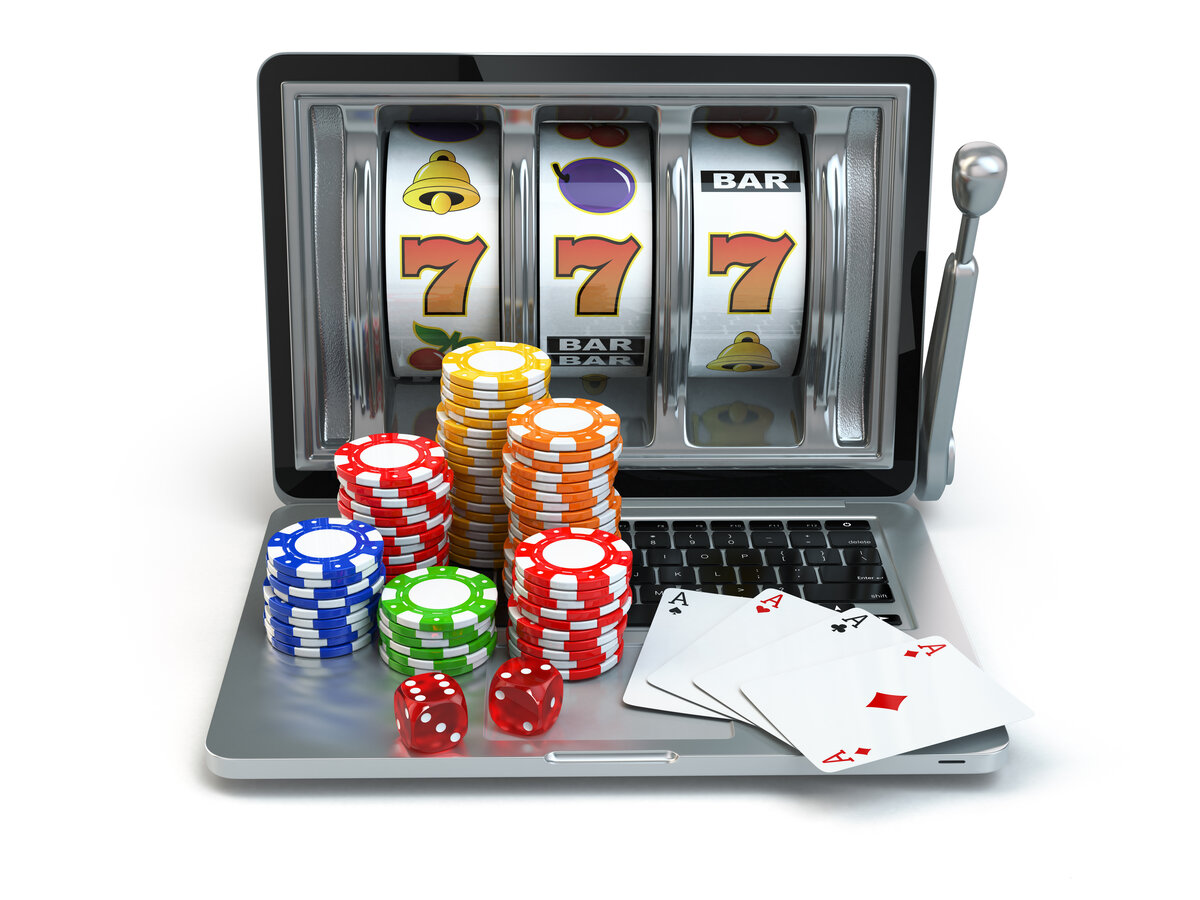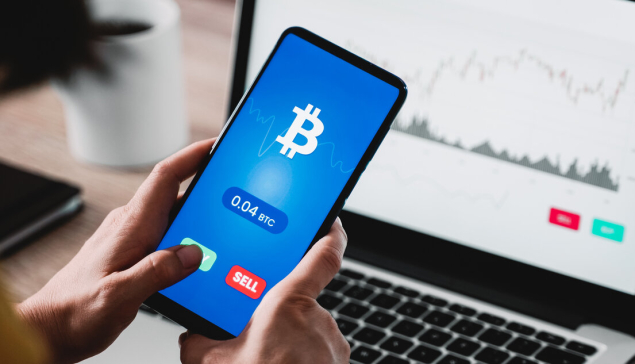Why Court Cases Matter
Laws around crypto are still young. This means judges are often the first to interpret how existing gambling, finance and consumer protection laws apply to tokens, NFTs and casino platforms. A single court ruling can change how an entire industry operates from payouts to token sales.
Casinos on Trial
Several crypto casinos have already faced lawsuits over unlicensed operations, lack of KYC/AML compliance or unfair odds. Courts in Europe and the U.S. have forced some platforms to shut down, while others paid heavy fines. These cases send a clear message: casinos must balance decentralization with accountability.
Gaming and NFT Disputes
Blockchain games are also ending up in court. Disputes often arise over ownership of NFTs, intellectual property rights, or misleading marketing of Play-to-Earn systems. When judges decide whether an NFT is “just a collectible” or a financial product, it has ripple effects across the gaming industry.
Players Getting Involved
It’s not only regulators bringing cases sometimes players sue too. From unpaid winnings to frozen wallets, frustrated users are turning to courts to resolve disputes. This forces projects to take fairness and transparency seriously, because ignoring complaints can end in expensive legal battles.
Closing Thought
Court cases are shaping the legal landscape for crypto, casino, blockchain, game, gaming and bet. Every ruling adds a new layer of clarity — or confusion — to the industry. For now, one thing is clear: projects can’t ignore the courts. In many ways, judges are writing the future of Web3 entertainment.
- Court cases
- Hits: 56






